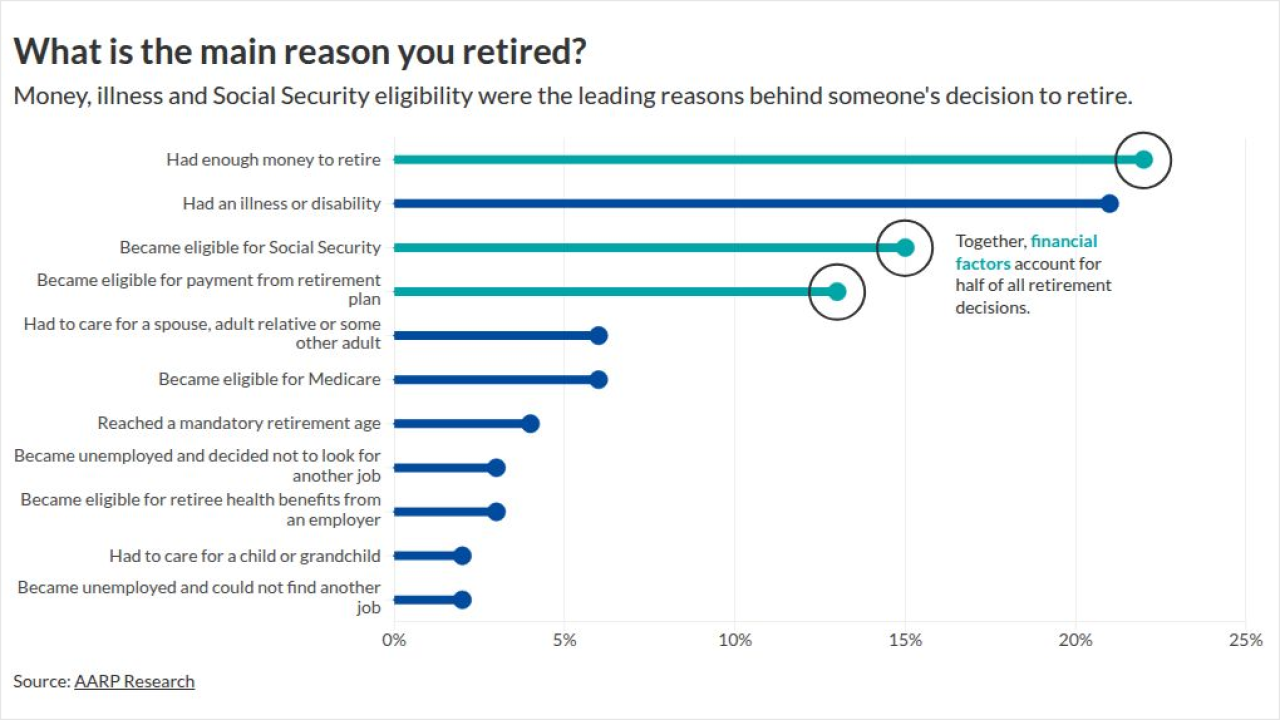Launching an RIA can seem like a daunting task for some advisers. It’s not really just a single major business decision but a barrage of choices that are each equally important in creating a successful enterprise. It can overwhelm the underprepared.
But as with any secret sauce, it’s rarely just one ingredient that makes the difference but a combination that's unique to each entrepreneur.
I've identified five fundamental questions that advisers should ask themselves before going forward with this advisory model. These queries will give brokers a clearer road map to independence.

Do I have an entrepreneurial skill set?
The RIA model may not be the best option for advisers who are pure investment people or big picture rainmakers.
Advisers who turn RIA should consider themselves business people who are able to define their goals and execute their plans. They also should see themselves as entrepreneurs and problem solvers who can juggle multiple tasks. Lastly, they must have perseverance in order to weather the ups and downs of running a business.
"RIAs need to come at it with a plan and be disciplined," Chris Winn, CEO of compliance consultant Advisor Assist, explains. He suggests that those who don't have the temperament to manage a business to either partner with someone who does or choose another career path.
The largest teams to go indie this year managed more than $5 billion in client assets.
Do I have a vision for my new firm?
Advisers should ask themselves what they are trying to accomplish by going with the RIA model. When starting up their company, what's their long term objective?
They can begin to formulate a vision by considering what they want to do for clients, as well as for themselves. What do they feel they can do as RIAs that they wouldn't be able to as employee brokers at a wirehouse or regional broker-dealer? And can they articulate that to clients?
Their vision also should take into consideration whether they are building a practice that they can sell or pass on to the next generation. Perhaps they are crafting a lifestyle practice for themselves and planning to work as long as possible. Whatever the case, their vision of the end game will shape how they construct their firm.
What structure makes sense for me, solo practice or advisory team?
The adviser may opt to be a solo practitioner or partner with trustworthy colleagues who have complementary skill sets.
This typically is determined by how much freedom vs. how much structure the adviser craves. Advisers also can choose to join forces with existing RIAs. These decisions will all revolve around the entrepreneurial spirit driving the business and the desire to manage every detail – from the choosing custodians to compliance consultants to technology.
I am finding that more advisers are opting to start their own firm in affiliation with larger RIAs. One popular model is the multi-custodial RIA. These firms offer RIAs the ability to choose from a menu of potential custodians. This expands the menu of investments that advisors can offer clients and enhances their objectivity. Advisers still own their practices but by piggybacking off the firm's corporate RIA, the multi-custodial RIA can pass along reduced ticket charges and custody fees.
Multi-custodial RIAs also handle compliance and offer a discounted technology package. In an era in which compliance costs are skyrocketing, that's a powerful selling point.
Betterment is further encroaching on Charles Schwab and Fidelity's turf with a new referral program and portfolio options.
From the Bible to best-selling books, the NBA player turned business owner credited his success in part to his voracious reading habit.
Darryl Wegner is a managing director in PKF O'Connor Davies'
Which custodian or custodians are right for me?
Choosing a custodian may seem like a piddling detail, but in my view it's a critical piece of the flavor of the RIA business — a detail to be shared and explained to clients as part of their marketing pitch. That's why the custodian's platform should offer a wide range of choices to meet client needs.
Advisers often favor RIA custodians whose names will inspire confidence with clients. That's fine but advisers need to go beyond that.
Michael Gill, head of business development at United Advisors, an adviser and wealth management support platform, puts it this way: "Each custodian has its own core competencies. Advisers need to make sure that a custodian's capabilities can help them grow."
Does the adviser do lending business or is access to product specialists important? Are international capabilities important? Is it important for the adviser to have the most cutting edge technology? These are the kinds of things that advisers need to consider, says Gill.
How can I choose the right technology so that I can implement my goals and illustrate that focus to clients?
Technology is no longer merely a sleepy "back office" function. It's now one of the primary means that clients can recognize the value that their advisers deliver. One advantage of becoming an RIA is that advisers are not wed to legacy broker-dealer systems. They have much more freedom to select the technology that makes sense for them.
This is an area that can set apart advisers and can be the critical ingredient to their RIA secret sauce. Of course, only an independent can make those kinds of business decisions. Employee advisers don't have to, and should decide on the optimal technology before breaking away.









